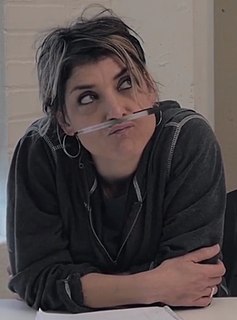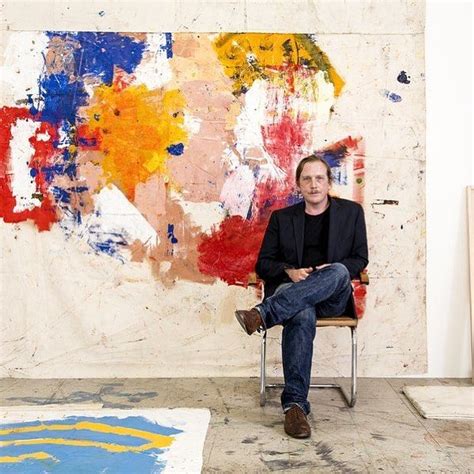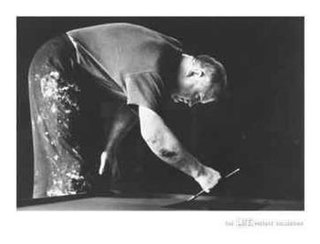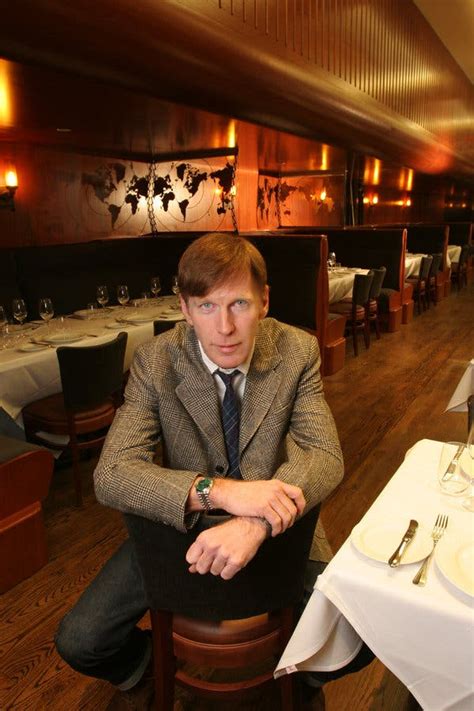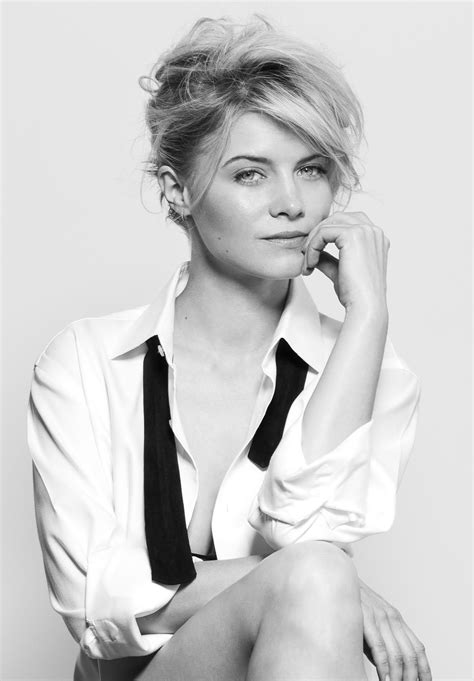A Quote by Ellen Forney
For one thing, I don't think art needs to be about suffering; sometimes it really seems like it's only the art about pain that is interpreted as profound, and in my work for years I've really tried to deal with subjects that are substantial, not just fluffy, but presented in a more playful, approachable kind of way.
Related Quotes
When I was younger I was very opinionated about art. And then, I realized that I kind of recognized this pattern where the things that I was vehemently of pissed off about, I would end up loving them two years later. So I just tried to mellow out. Like there's art that I think is pretty silly, but it doesn't get under my skin like it used to.
There's a limit of any form of representation; it's the same about writing about visual art. I still think it's useful for people to think through things in a deeper way, and use adjectives even if they're not sufficient, you know? I always find it interesting what terms they use to refer to the work. It's always different, and that's kind of intriguing. Sometimes it's clichés, but often it's really creative ways of paraphrasing or reformatting what to mean seems something else. I like that, personally.
What is the art experience about? Really, I'm not interested in making Art at all. I never, ever, think about it. To say the word Art, it's almost like a curse on art. I do know that I want to try to get closer to myself. The older I get, the more indications I have about what it is to get closer to yourself. You try less hard. I just want to be.
It's hard sometimes when you're in a regular high school, you just feel like the odd kid out. The great thing about going to an art school [is] it's kind of like it's all the odd kids. It's all the kids that don't fit in at their regular schools, because you're into something and excited about something that other kids really aren't into. When you go to art school, everybody's kind of on the same page.
The one object of fifty years of abstract art is to present art-as-art and as nothing else, to make it into the one thing it is only, separating and defining it more and more, making it purer and emptier, more absolute and more exclusive - non-objective, non-representational, non-figurative, non-imagist, non-expressionist, non-subjective. the only and one way to say what abstract art or art-as-art is, is to say what it is not.
I always look at magazines and wind up standing there like, "Whose house looks like this? Who lives this way?" I never can understand what the point of view is. The only thing you can really do, being a decorator, is put an educated client towards what it is they don't know about. The dialogue between a client and a decorator should be more about, "Let me help you get to the point where you can find a comfortable place to live and be exposed to things," the way that an art consultant exposes a person who wants to buy art to art, instead of inflicting good taste upon them.
I don't think immediate tragedy is a very good source of art. It can be, but too often it's raw and painful and un-dealt-with. Sometimes art can be a really good escape from the intolerable, and a good place to go when things are bad, but that doesn't mean you have to write directly about the bad thing; sometimes you need to let time pass, and allow the thing that hurts to get covered with layers, and then you take it out, like a pearl, and you make art out of it.
Why I talk so seriously about art is that art is the only thing that helps people stay alive, and it is the only thing that has allowed people to create joy in this insane, suppressive universe. And art is the only thing that they can't get rid of. They've tried, but ultimately they can't stamp it out.
The only thing I collect is art. I collect it because I like looking at it. A lot of it is really personal stuff that my friends have made, paintings that my husband's mother made, and things that I bought. I buy abstract art on eBay, and I buy some outsider art on eBay, or what is called folk art, I buy a lot of. I have a lot of professional art work as well as more stuff my friends' kids make. To have a wall of art to look at, I feel really surrounded by love, because so much of the work is related to my friendships.
People act like art is a white thing - or not for people of colour - when, really, so much culture and art comes from people of colour. I want everyone to get into what I am doing. So sometimes I don't like to work just in an art context because it feels like a lot of people aren't going to see it. I like it to be a part of everyday life.
A lot of people seem to think that art or photography is about the way things look, or the surface of things. That's not what it's about for me. It's really about relationships and feelings...it's really hard for me to do commercial work because people kind of want me to do a Nan Goldin. They don't understand that it's not about a style or a look or a setup. It's about emotional obsession and empathy.
That’s one of the nice things about writing, or any art; if the thing’s real, it just lives. All the attendant hoopla about it, the success over it or the critical rejection—none of that really matters. In the end, the thing will survive or not on its own merits. Not that immortality via art is any big deal. Truffaut died, and we all felt awful about it, and there were the appropriate eulogies, and his wonderful films live on. But it’s not much help to Truffaut.
I think there is a debate in the arts about, you know, whether we must strive for art for art's sake, and you know, kind of try to keep political debate out of our work. And to that I say, I'd like you to show me an example of, you know, this so-called apolitical art. I don't think there's any such thing.
